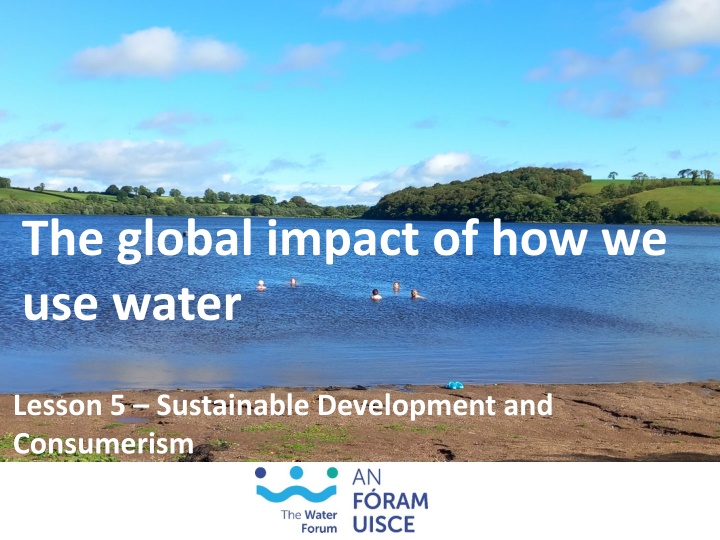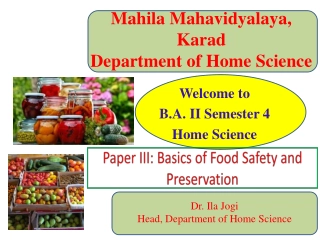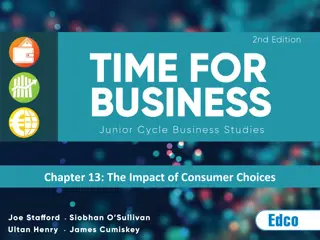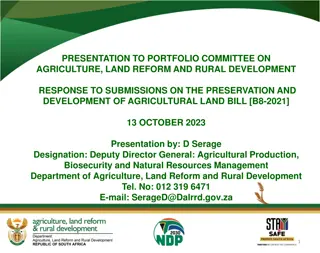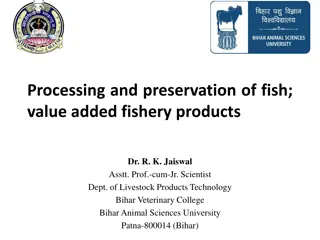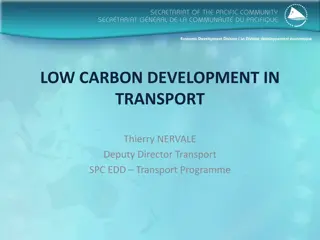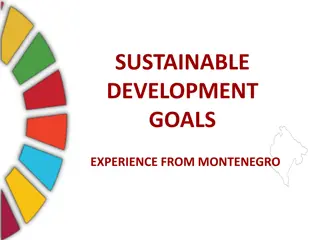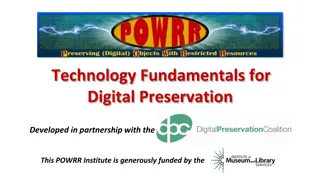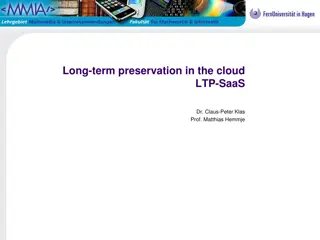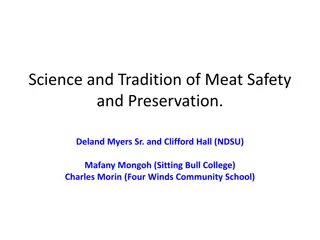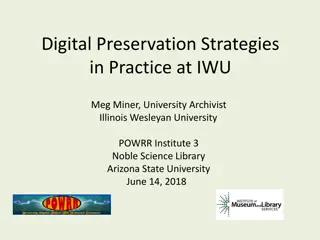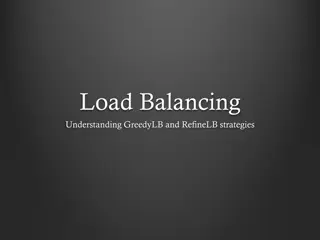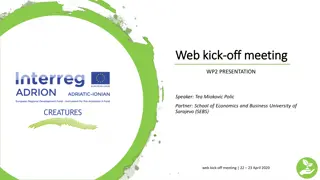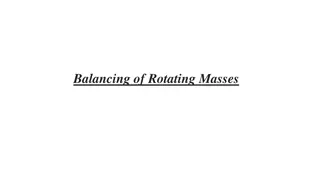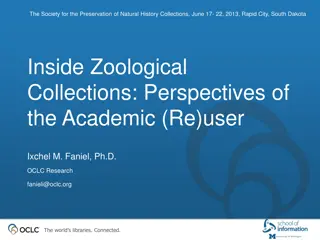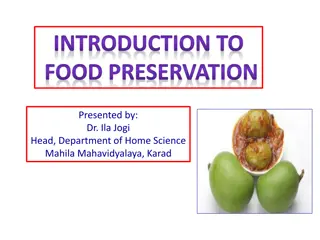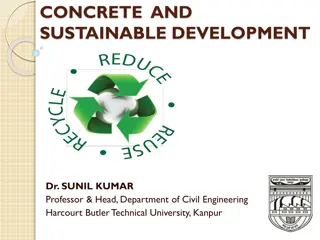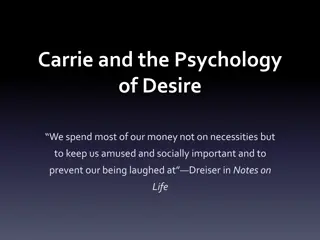Sustainable Development and Consumerism: Balancing Human Needs with Environmental Preservation
Sustainable development emphasizes meeting human necessities while safeguarding the environment. It entails economic security, social justice, and fairness, ensuring responsible resource usage to maintain ecological balance. The challenge lies in addressing environmental quality, social equity, and economic growth without exceeding planetary limits, promoting alternative transport solutions and reducing excessive consumption.
Download Presentation

Please find below an Image/Link to download the presentation.
The content on the website is provided AS IS for your information and personal use only. It may not be sold, licensed, or shared on other websites without obtaining consent from the author.If you encounter any issues during the download, it is possible that the publisher has removed the file from their server.
You are allowed to download the files provided on this website for personal or commercial use, subject to the condition that they are used lawfully. All files are the property of their respective owners.
The content on the website is provided AS IS for your information and personal use only. It may not be sold, licensed, or shared on other websites without obtaining consent from the author.
E N D
Presentation Transcript
Chapter 1: Water is Essential for All Life The global impact of how we use water Lesson 5 Sustainable Development and Consumerism
& Consumerism & Consumerism
SUSTAINABLE DEVELOPMENT allows for the satisfaction of human necessities without compromising the basis of that development, which is the environment. Environmental Quality Three principles underlie sustainable development: Sustainable Development Economic Security/ Prosperity Social Justice/ Fairness
Sustainable Development Humans are part of the natural world and are not distinct or apart from it. We must not take our natural resources for granted, but discover the value of what we have. We must respect and make room for nature. Environmental Quality People need to have a voice and feel that resources are fairly used. 20% of the world s population, who live in the most successful economies, use around 80% of the world s resources. Social Justice / Fairness Economic Security / Prosperity Economic development and growth is needed in developing countries.
All development uses resources of one type or another, i.e. water, land, raw materials and labour. Iron ore
20%of the worlds population, in the most successful economies, use around 80% of the world s resources. Ireland is part of the 20% - and we waste kilos of food Task 5.1 Discussion on the 3 pillar challenge: Environmental quality: Does nature need equal rights to humans? Social: Is it just and fair that 20% of the world s population use 80% of the resources Economic: How can we have economic development when we are beyond planetary boundaries already?
The challenge of reducing how much we consume & resistance to change Many people are not willing to give up or reduce their creature comforts, change their diets, heating their homes or travelling less.
Changing how we live alternative transport solutions Trains Buses Walking Cycling
Does Consumerism have a role to play in resource consumption? Definition Consumerism promotes the acquisition of goods, and especially the purchase of goods, as a means for personal satisfaction and economic stimulation. Source: https://www.merriam-webster.com/dictionary/consumerism & https://www.techtarget.com/whatis/definition/consumerism
Task 5.2 1. What does the term Fast Fashion mean to you? 2. Can you name any brand examples? 3. Consider - Should we boycott fast fashion? Dyes dumped in rivers by fast fashion factories. Photo credit: Greenpeace. The fashion industry consumes one tenth of all of the water used industrially to run factories and clean products.
Task 5.2 Organise an information campaign on fast fashion What are the problems with fast fashion?
Task 5.3 Debate suggestion: Would you consider reducing your meat intake for environmental sustainability reasons? 1. Can you present reasons to eat meat? 2. Can you present reasons not to eat meat? Class decides on the winning argument Water Footprint
